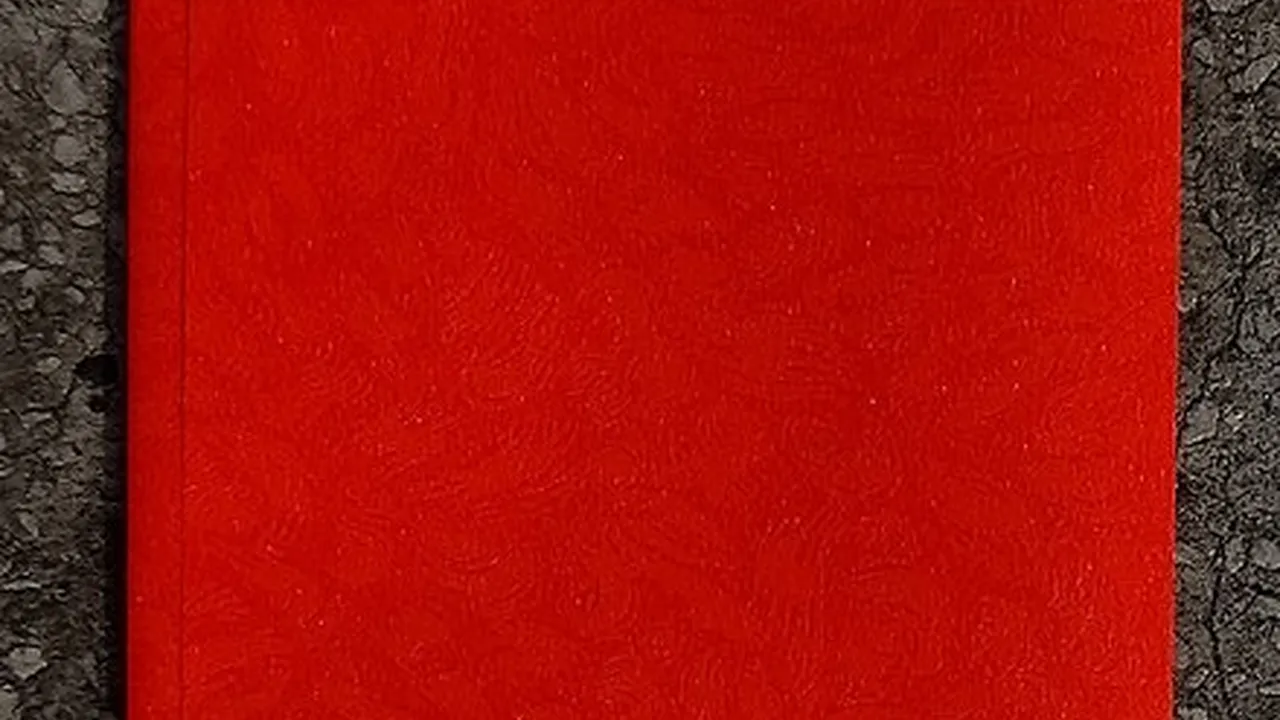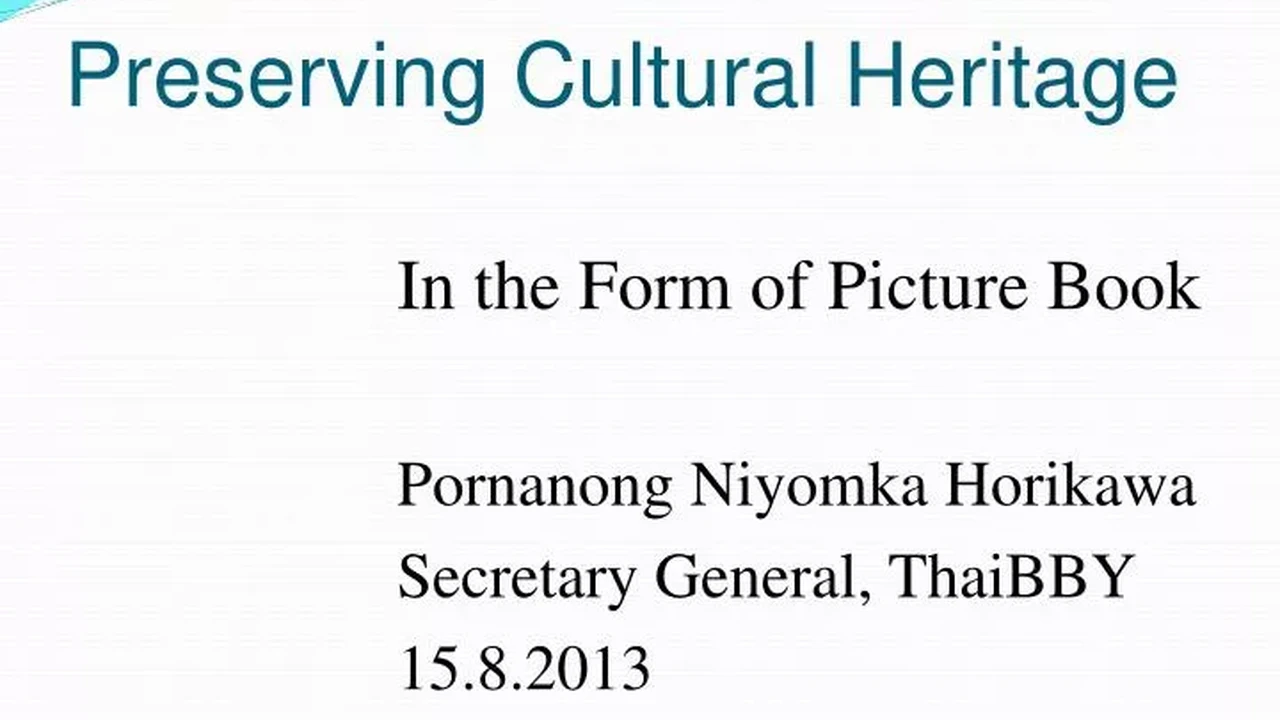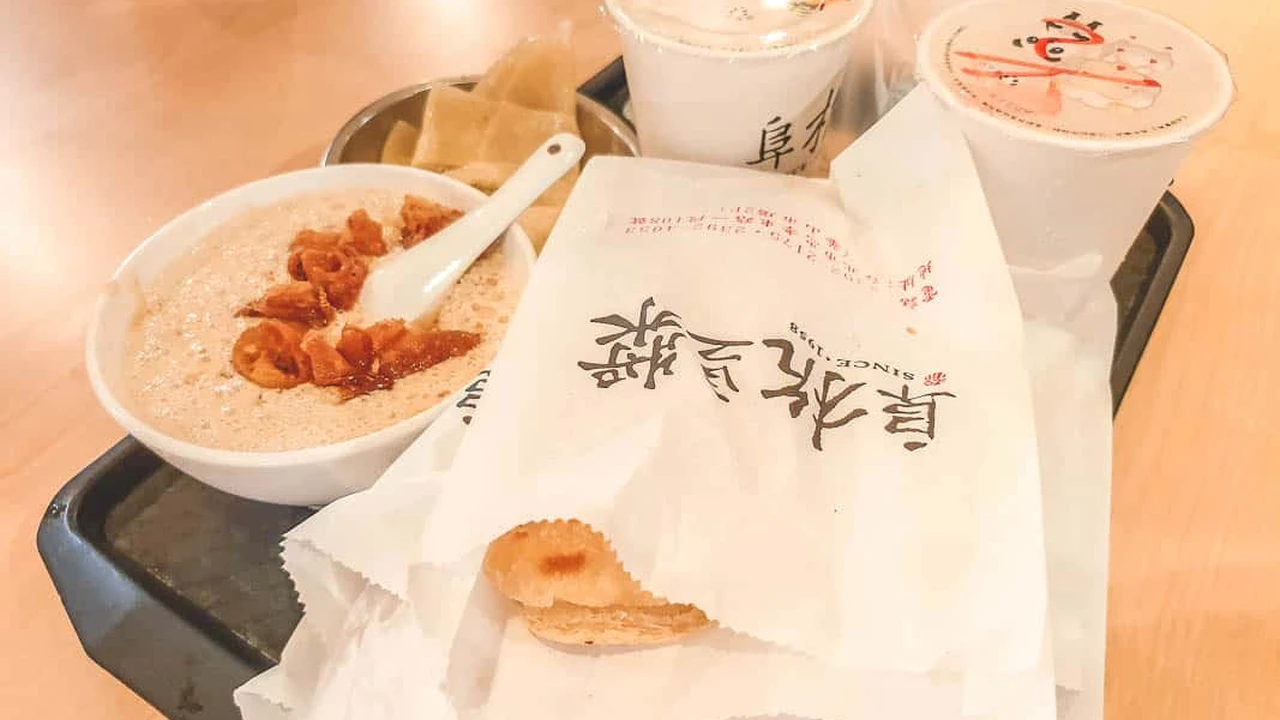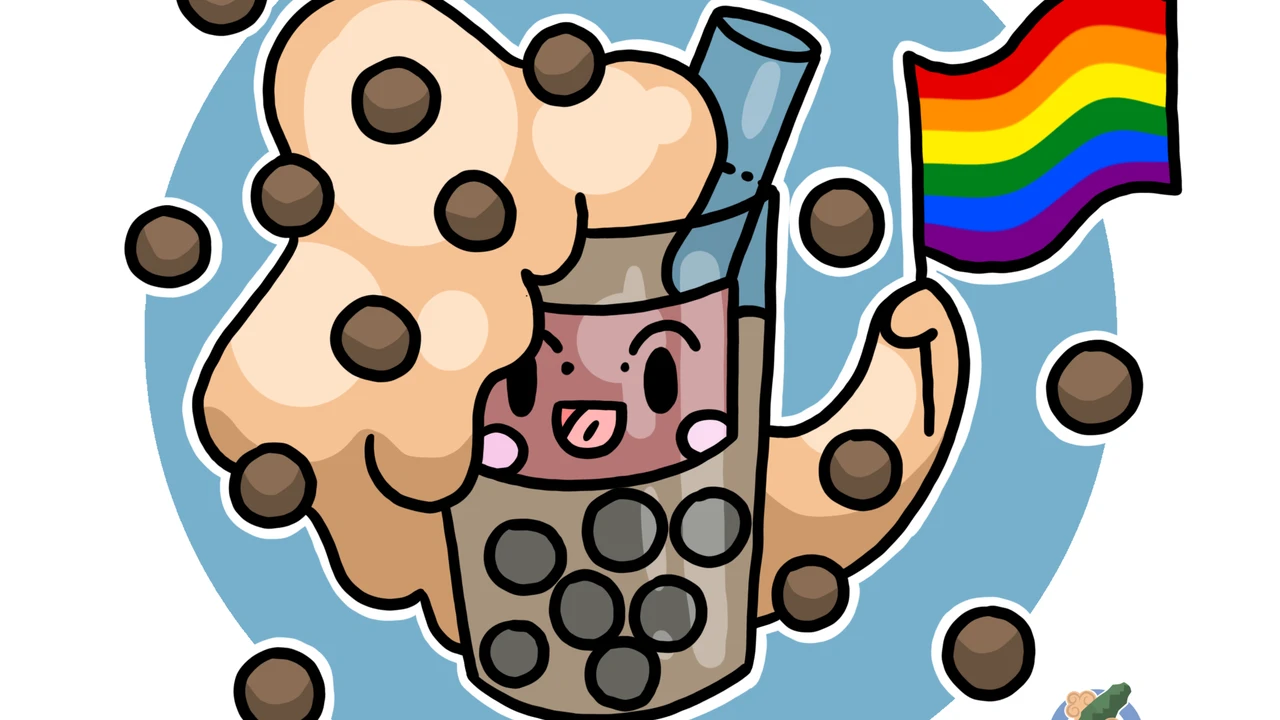Taiwanese Superstitions: Beliefs and Practices
Sample meta description.

Exploring Taiwanese Superstitions An Introduction to Beliefs
Hey everyone! Ever wonder why your Taiwanese friend refuses to take the last bite of food, or why they're so careful about moving furniture? It's probably because of the fascinating world of Taiwanese superstitions! These aren't just old wives' tales; they're deeply ingrained in the culture, influencing everything from daily life to big decisions. Let's dive in!
Everyday Superstitions Avoiding Bad Luck and Seeking Good Fortune
Daily life in Taiwan is peppered with superstitions. For example, whistling at night is a big no-no because it's believed to attract ghosts. And speaking of ghosts, the seventh month of the lunar calendar is Ghost Month, a time when the gates of hell are said to open. During this month, you'll see fewer people swimming, buying houses, or getting married.
Numbers also play a huge role. The number four sounds like the word for death in Mandarin, so it's considered unlucky. You'll often see buildings without a fourth floor or license plates avoiding the number four. On the other hand, the number eight sounds like the word for prosperity, making it a very lucky number.
Giving gifts? Be careful! Giving a clock (送鐘 – sòng zhōng) sounds like attending a funeral, so it's a major faux pas. Avoid giving shoes as a gift, too, as it implies you want the recipient to walk away from the relationship.
Superstitions Related to Death and Funerals Honoring Ancestors and the Afterlife
Death superstitions are particularly strong. Funerals are elaborate affairs, filled with rituals designed to honor the deceased and ensure their safe passage to the afterlife. The color red is avoided at funerals, as it's associated with happiness and celebration. White is the traditional color of mourning.
Burning paper money (joss paper) for the deceased is a common practice. It's believed that the money will be available for them to use in the afterlife. Different types of paper money are used for different purposes, such as providing clothing, transportation, or even servants.
Superstitions in Business and Career Promoting Success and Avoiding Financial Ruin
Business owners in Taiwan take superstitions very seriously. Many businesses will consult a Feng Shui master when choosing a location or designing their office space. Feng Shui aims to harmonize the environment to promote positive energy flow and attract wealth.
Opening a new business on an auspicious date is also crucial. Business owners will often consult a fortune teller to determine the best day and time for their grand opening. The placement of desks and the direction they face are also carefully considered.
During the Ghost Month, many businesses will avoid making major decisions or launching new products. They believe that the negative energy associated with the month could bring bad luck to their ventures.
Love and Marriage Superstitions Finding Your Soulmate and Ensuring a Happy Union
Marriage is a huge deal in Taiwanese culture, and superstitions abound. Couples will often consult a fortune teller to ensure that their birthdates are compatible. The wedding date is also carefully chosen to be an auspicious day.
During the wedding ceremony, there are many rituals designed to ward off bad luck and ensure a happy marriage. For example, the bride is often carried over a burning stove to symbolize a smooth transition into her new life.
Certain gifts are also considered lucky or unlucky for newlyweds. Giving a pair of chopsticks symbolizes that the couple will always eat together, while giving a mirror is considered unlucky as it can attract evil spirits.
Products Based on Taiwanese Superstitions and Beliefs Enhancing Luck and Well Being
Okay, so you want to know about products based on these beliefs, right? Well, let’s talk about some. These are not just tourist trinkets; they are often bought and used daily by locals.
Lucky Charms and Amulets Protecting Against Evil Spirits and Bringing Good Fortune
Jade Pendants: Jade is considered a lucky stone in many Asian cultures, including Taiwan. Jade pendants are often worn to ward off evil spirits and bring good luck. They come in various shapes and sizes, often featuring auspicious symbols like dragons, phoenixes, or gourds. You can find them at almost any jewelry store or temple. The price can range from $20 for a small, simple pendant to hundreds or even thousands of dollars for a high-quality, intricately carved piece.
Temple Amulets: Many temples in Taiwan offer amulets that are believed to provide protection and good fortune. These amulets are often blessed by monks and contain sacred symbols or scriptures. They're typically worn around the neck or carried in a purse or wallet. A simple temple amulet might cost you a donation of $5-10, but the spiritual value is priceless.
Pi Xiu Figurines: Pi Xiu is a mythical creature that is believed to attract wealth and ward off evil spirits. Pi Xiu figurines are often placed in homes or offices to bring good luck and prosperity. They're available in various materials, such as jade, gold, or resin. A small resin Pi Xiu might cost around $15-20, while a jade or gold one could easily cost several hundred dollars.
Feng Shui Items Harmonizing Your Environment and Attracting Positive Energy
Money Frogs: The three-legged money frog is a popular Feng Shui item that is believed to attract wealth. It's typically placed near the entrance of a home or business, facing inwards to draw money in. A small money frog figurine can be found for around $10-15, while larger, more elaborate ones can cost upwards of $50.
Wind Chimes: Wind chimes are used in Feng Shui to balance the energy of a space. The sound of the chimes is believed to dispel negative energy and attract positive energy. They are typically hung near windows or doors. A simple wind chime might cost around $10-20, while more elaborate ones with specific materials and designs can cost $50 or more.
Crystals: Crystals are used in Feng Shui for various purposes, such as attracting love, wealth, or health. Rose quartz is believed to attract love, citrine is believed to attract wealth, and amethyst is believed to promote healing. Crystal prices vary greatly depending on the type, size, and quality. A small rose quartz crystal might cost around $5, while a large, high-quality amethyst geode could cost hundreds of dollars.
Comparing Lucky Products Jade vs Gold Pi Xiu vs Money Frog
So, which lucky charm should you choose? Let's break it down. If you're looking for general protection and good luck, a jade pendant or temple amulet is a good choice. Jade is seen as a very safe and protective stone. For attracting wealth specifically, a Pi Xiu figurine or money frog might be more suitable. The Pi Xiu is often considered more powerful, but the money frog is more widely recognized and accepted.
Gold, while expensive, is seen as a very pure and powerful metal. A gold Pi Xiu, for example, would combine the power of the creature with the inherent luck associated with gold. However, affordability is a key consideration. A resin Pi Xiu is better than no Pi Xiu at all!
Consider the material. Jade is more traditional and seen as more spiritual, while gold is more associated with wealth and status. Resin is a more affordable option, but it lacks the inherent energy and value of natural materials.
Using Superstition-Related Products in Your Daily Life Practical Applications
How do you actually *use* these things? It's not enough to just buy them and leave them on a shelf. The key is intention and belief.
Wearing a Jade Pendant: Wear it every day, close to your skin. Many believe the jade absorbs negativity, so clean it regularly with a soft cloth.
Placing a Money Frog: Place it near your front door, facing inwards, as if it's hopping into your home with wealth. Don't place it too high up, as it should be grounded to attract earth energy.
Using Crystals: Carry them in your pocket, place them on your desk, or meditate with them. The key is to be mindful of their presence and to focus your intentions on what you want to achieve.
Pricing and Availability Where to Buy Taiwanese Superstition Products
You can find these products all over Taiwan, from temples and traditional markets to modern department stores and online retailers. Temples often offer the most authentic and affordable amulets, while department stores and jewelry stores offer higher-end jade and gold items. Online retailers offer a wide selection of products at varying price points.
Temples: Expect to pay a small donation (NT$100-500) for an amulet. The value is in the blessing and the connection to the temple, not the material itself.
Traditional Markets: You can find a variety of lucky charms and Feng Shui items at traditional markets. Bargaining is expected, so don't be afraid to negotiate the price.
Online Retailers: Websites like Shopee and PChome offer a wide selection of products at competitive prices. Be sure to read reviews carefully before making a purchase.
:max_bytes(150000):strip_icc()/277019-baked-pork-chops-with-cream-of-mushroom-soup-DDMFS-beauty-4x3-BG-7505-5762b731cf30447d9cbbbbbf387beafa.jpg)






